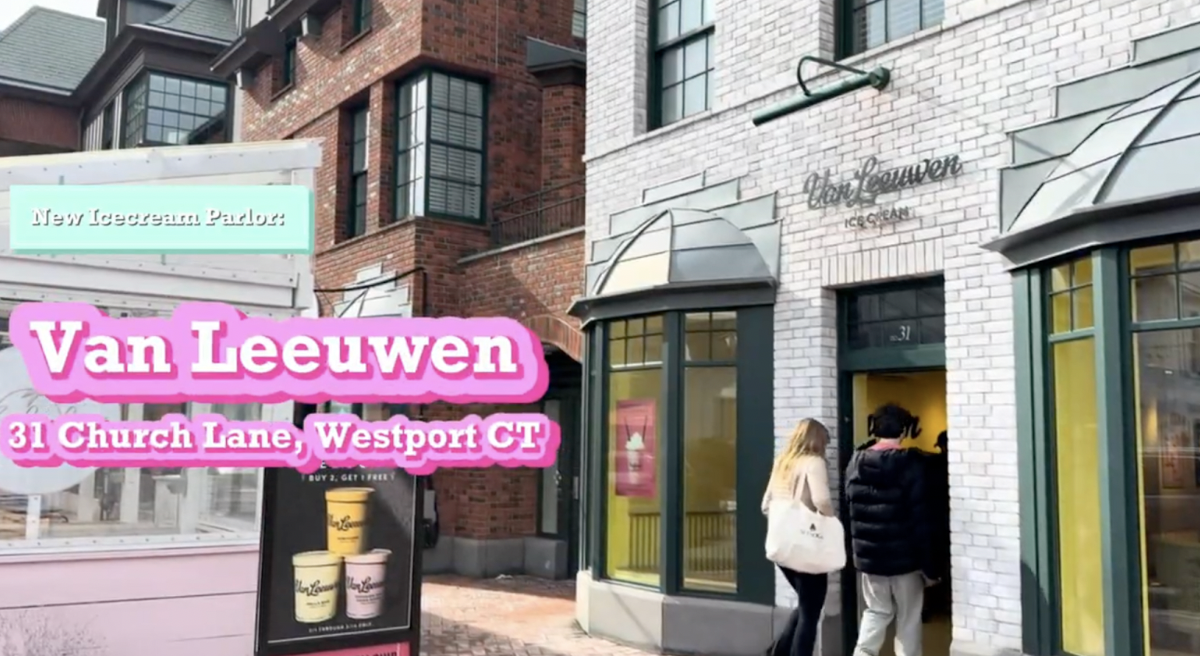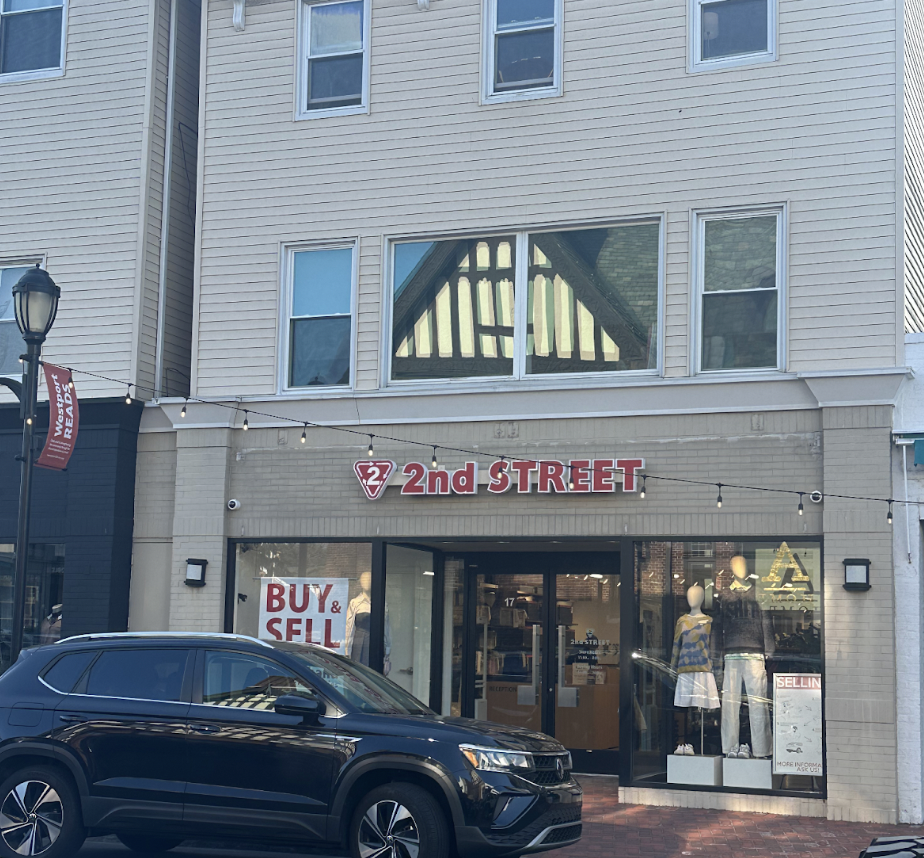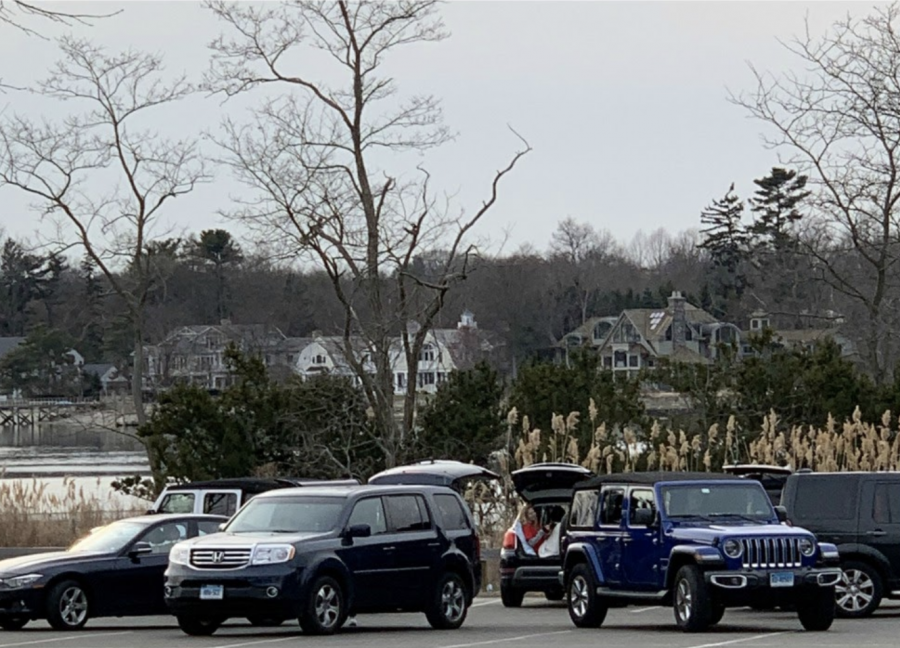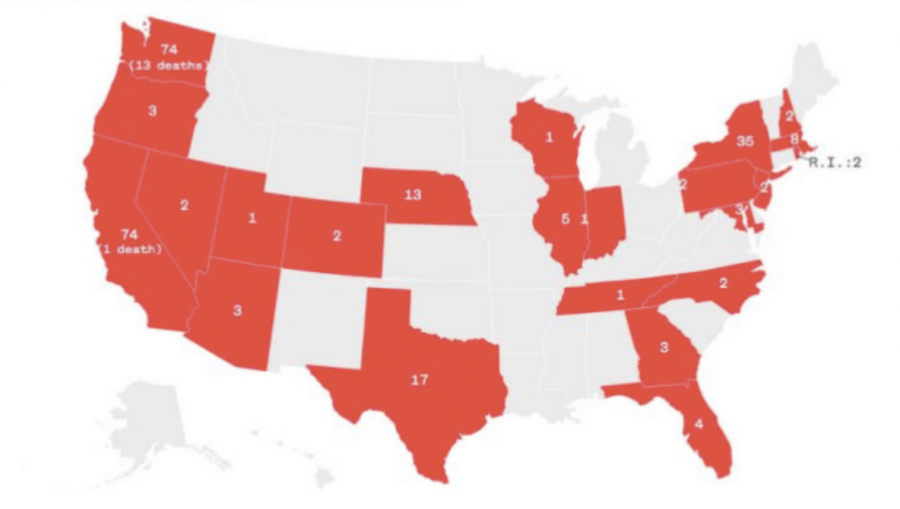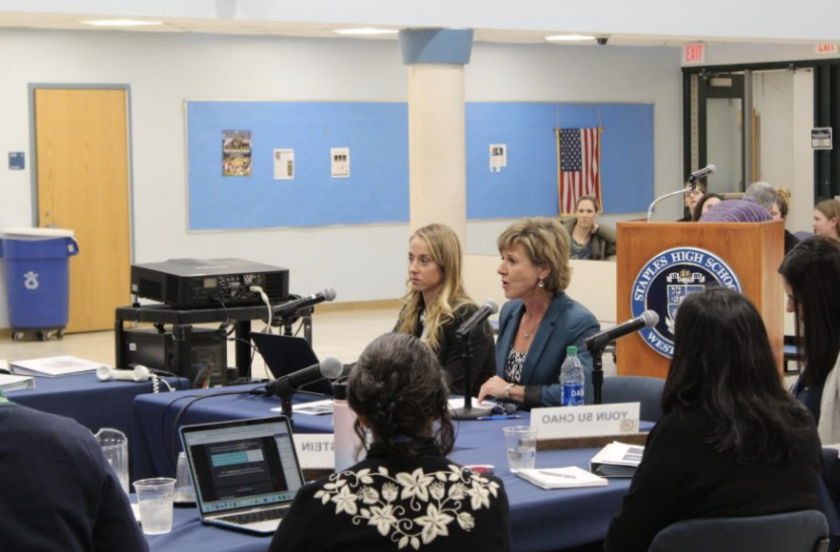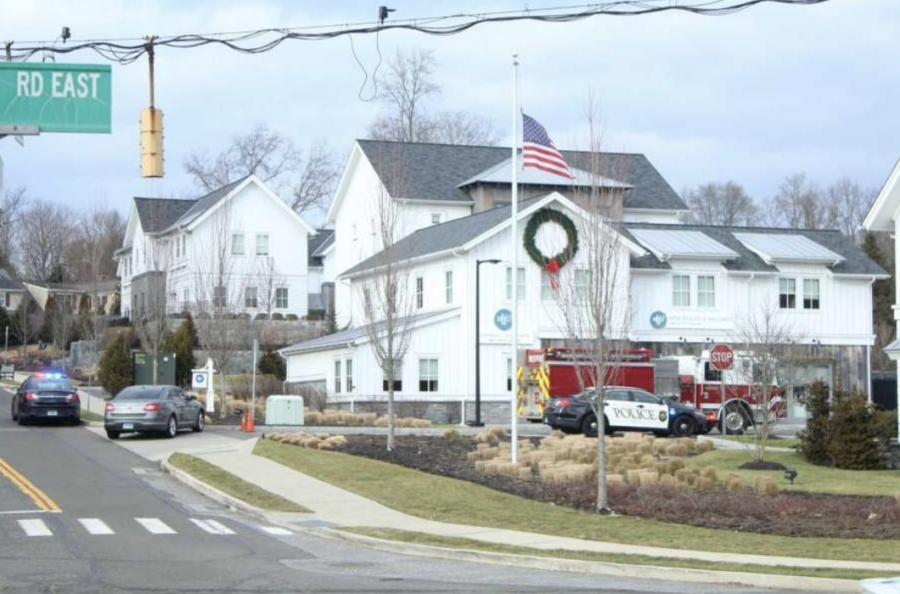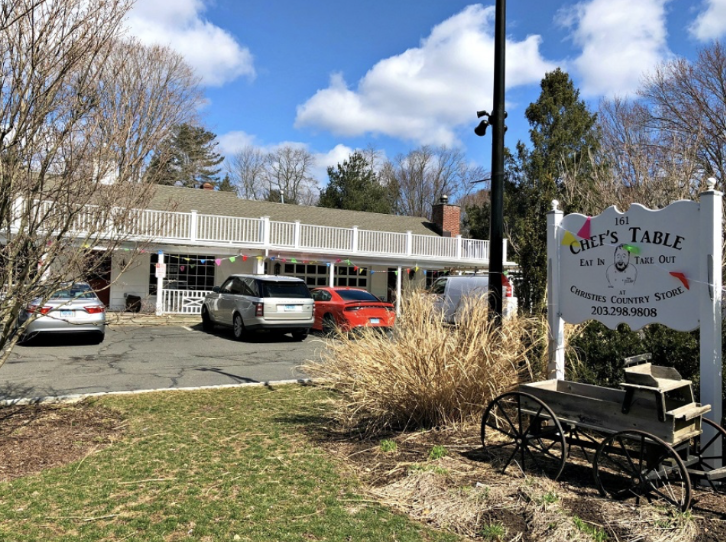Forty-some-odd years ago, the Internet didn’t exist. There was no Google, no Youtube, and no online shopping. Forty-some-odd years ago, local businesses thrived. Since then, online competition has crept up and slammed local stores in their faces.
Along Post Road, from the Athena Diner to the Sherwood Diner, there are 32 empty stores—each closing as a result of the economy, but some also as a result of the Internet.
This is according to Owner Steve Sasloe of The Westport Music Center. The store has been in town since 1965. It’s a small business with some very big competition. Sasloe said that customers will come into his store and say, “You know, I can get that online for cheaper?”
Sasloe is well aware of his competition. Today’s musicians can buy instruments on eBay, can learn how to play them through instructional Youtube videos, and can record songs on their computers. These consumers are spending more time with their laptops than they are visiting local stores.
“People have a lot of options these days about where to buy things—and one of these ways is not a store, a 3D store that is,” Sasloe said. “They can get pretty much anything we sell here, and for cheaper.”
And that’s where the inception of a politely threatening sign comes in. Around the Winter holidays, three or four customers would “educate” Sasloe about his online competitors each day. He finally had enough, and posted the following on the door of Westport Music:
“Attention Customers of the Westport Music Center:
Please do not mention on-line purchasing while shopping in our store. If you feel the need to do so, please go away. We have been in business 29 years and appreciate the customers that help us continue to do business in person. Thank you.”
Some customers will walk in the store and joke with Sasloe, flaunting cheaper online prices in his face. Sasloe will look up from his work with glaring eyes, and they’ll immediately confess their comedic intents. Overall, though, people have been receptive to the sign.
“I’ve gotten tremendous, tremendous feedback. When people come in, they don’t need to educate me about it,” Sasloe said. “On a yearly and monthly basis, I know I’m losing a lot of money to the Internet. I know it for a fact.”
Sasloe estimated this to be 20-25 percent of retail business.
Westport Music also does repairs and rentals of instruments, and private music lessons—services not readily available by online stores. Without these services, Sasloe predicted, the store would not be in business at all.
Other local stores, however, are not feeling the affects of online competition as noticeably as Westport Music is. In fact, Owner Charlie Gander of Cycle Dyanmics believes that his bike shop is growing.
“The Internet is here to stay,” Gander said, “We sell what sells.”
Employees at knitting store Westport Yarns feel similarly, and believe that nothing can take the place of someone demonstrating knitting steps, and putting the yarn in front of a customer, as knitting is such a tactile hobby.
However, they do acknowledge the growing prominence of the Internet.
“People want to come in and touch the yarn. They want to see the colors, they want to touch the fibers. But more and more there’s online help,” employee Julie van Norden said. “They will come here, look at it, touch it, and then go find it online for cheaper.”
Sasloe believes that the cheaper prices are not worth driving local stores out of business, and stresses the importance of maintaining the community feeling. Students agree with this priority.
“I do think local stores are very important because they all make the Westport community feel a bit more connected, something that can’t be achieved through big chain stores like GameStop or Barnes & Noble,” PJ Syrrist ’13 said.
Norden also foresees a loss of community with the increase of online sales.
“You’re always loosing face time, the community. It’s not just knitting—it’s everything. You’re always losing that one-on-one,” Norden said.
Other students value the in-person assistance and proximity that local stores offer.
“If a local music store went out of business it would take away the convenience of stopping by like right before a music lesson if you have to pick something up, or is something breaks there will be no where to go,” Georgie Talbot ’13 said.
Sasloe hopes that people will weigh their options before using the Internet, keeping in mind what local stores have to offer.
“Unfortunately, people are tethered to their computers. The natural thing to do is to buy things online, without having to get out of your chair…I just don’t want to hear about it anymore,” Sasloe said.


























